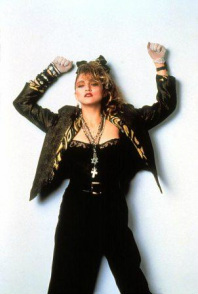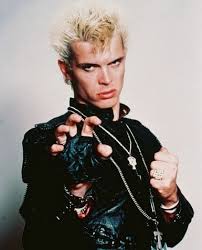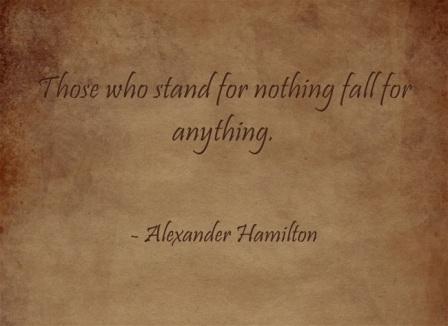
First, the facts:
- 13 October 1925 - Born Margaret Hilda Roberts in Grantham, Lincolnshire
- 1951 - Married businessman Denis Thatcher
- 1959 - Becomes MP for Finchley
- 1970 - Made minister for education
- 1975 - Elected Conservative leader
- 1979 - Becomes UK's first female prime minister
- 1982 - Falklands War
- 1983 - Elected prime minister for second time
- 1984 - Survives Grand Hotel bombing
- 1984-5 - Takes on unions in Miners' Strike
- 1987 - Wins third term in Downing Street
- 1990 - Resigns as prime minister
- 1992 - Stands down as MP and accepts peerage
- 2002 - Retires from public speaking
- 8 April 2013 - Dies after suffering a stroke

Within one week, I attended three interviews. One for the Brazilian ambassador, one with the actress, Jane Usher, and another with a couple who were planning to live in America and wanted to take their nanny with them. My status wouldn't allow that. After a final meeting, I accepted a position with an English couple with similar backgrounds to my own. She represented an Australian film company and he worked in Advertising. Their three-month-old baby was adorable and I soon settled in to their house in Camden.
During that summer, the great cyclone hit England overnight. I awoke to a roaring wind in the attic with rain dripping onto me. In a drowsy state, the situation reminded me of happy times camping with my family. I soon roused to find dire circumstances. London lost a good percentage of its great trees during the storm. Next morning, when I saw trees had collapsed onto cars and houses, I realized we'd had a lucky escape.
After that taste of what England had to offer, I stayed wary. However, with a booming economy, the world spread a feast before me. I partook of the pickings, shoulders padded, which typified a woman's attitude since the Prime Minister had showed what a woman could achieve.
After returning from a four month world trip with my employers, I met Mr. London and married a year later.
Undeterred by a lack of work training, I began to climb the ladder in the catering business. My first job was with General Portfolio, a former insurance company. I worked as a tea lady on one floor with two other women. Back then, we delivered morning and afternoon tea to all the workers. Business was booming and I enjoyed the training in the dining room where we served hot midday meals.
I progressed to a catering job at a hospital, stepped back a bit by running a canteen at a building site close to home, then went on to work at several local businesses until I secured a job at Elstree Film Studios as a buffet-hostess for the 'Hoobs', affiliated to the Muppets. The fifty employees made a children's television program. During the years of employment at the film studios, I served breakfast and lunch amongst the 'Tweenies', and many other production teams like 'Who Wants to be a Millionaire' as well as serving at banquets and prestigious award nights.
However, the economy took a backward turn in the early nineties and companies cut staff back. We could say England worked in unison with worldwide trends, but Margaret Thatcher instigated a part of those trends. She might not have induced the cyclone in 1987, but she tore through every aspect of British economic life and changed it fundamentally.
There was no such thing as the consumer in Britain in the late 1970s. When she left in 1990, politicians spoke of little else. She helped force the rise of the individual at the expense of the collective.
I rose from a brow-beaten woman to a self-assured citizen with rights and a status of my own.
Did your aspect rise during that boom-time?


 RSS Feed
RSS Feed






